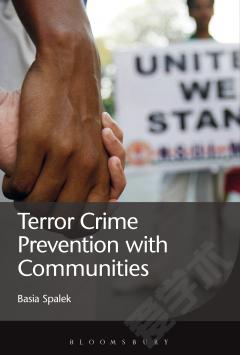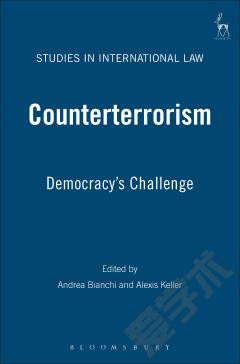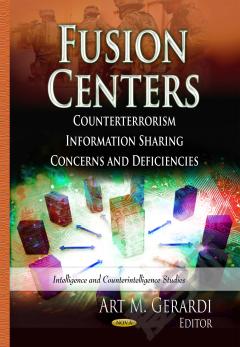Resilience And Resolve: Communities Against Terrorism
This book aims to provide an overview of the importance of communities to mitigate the threat of terrorism, drawing key lessons and experiences from countries adopting community-based approaches. There has been growing recognition among countries to understand the construct of radical ideology and the tools needed to counter its narrative through a more socially inclusive approach, using communities as key stakeholders that have the resolve to be resilient in the fight against terrorism. The chapters provide invaluable insights on the psychological aspects of radicalization, the centrality of counter-ideology and case studies of approaches to promoting moderation, religious harmony and community engagement in building the resilience and resolve against terrorism.
{{comment.content}}








 京公网安备 11010802027623号
京公网安备 11010802027623号